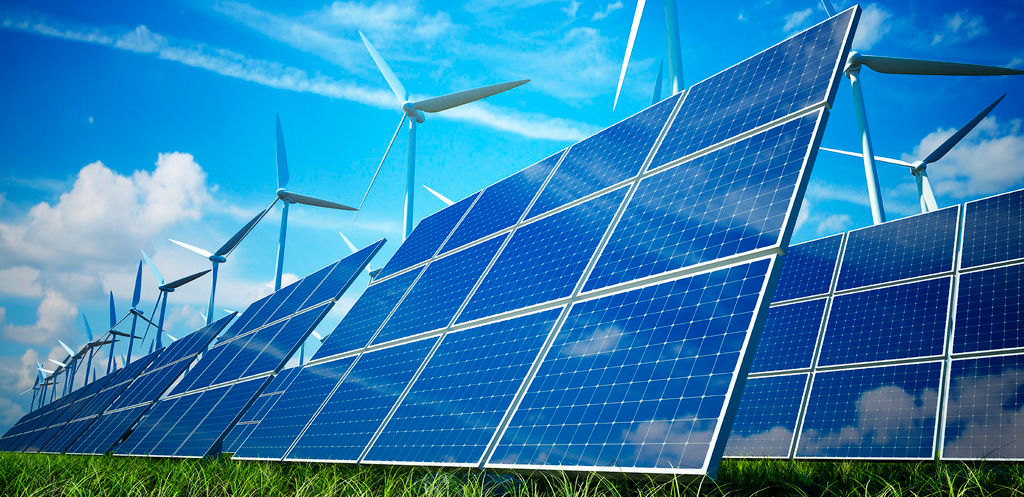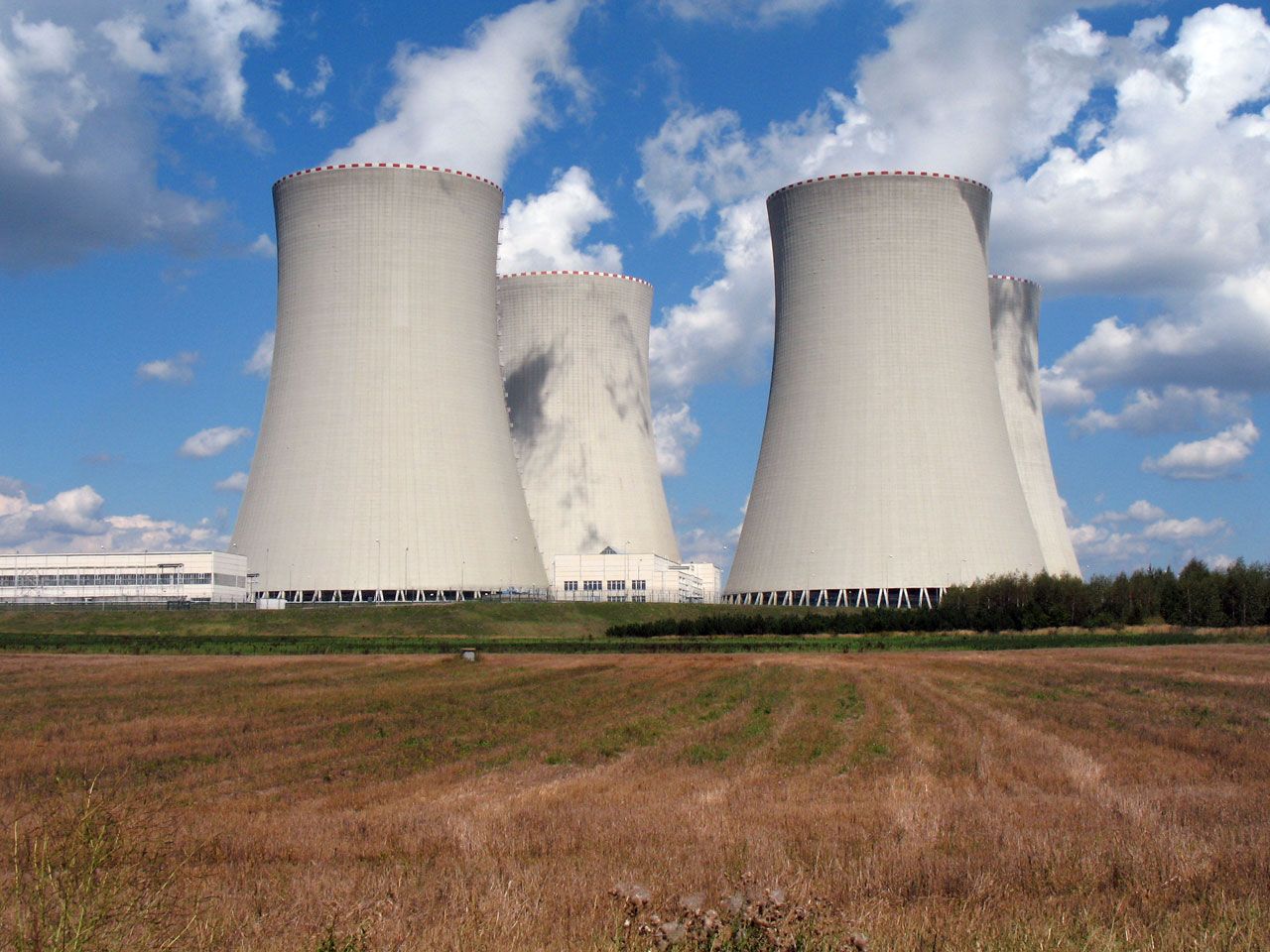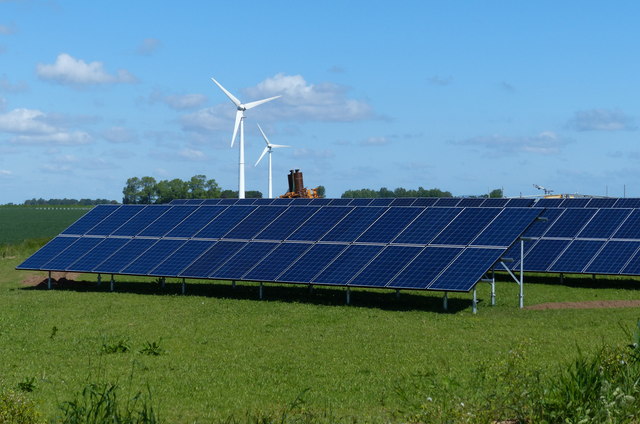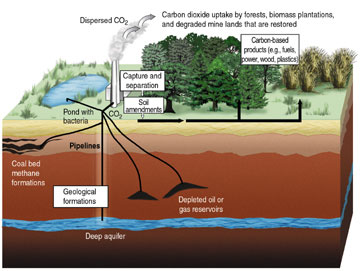Making the Switch to Low Carbon Power

Fossil fuels such as oil, coal and natural gases are currently the world’s primary energy source. Oil, coal and gas contain a high percentage of carbon, therefore, burning fossil fuels has had a severe, damaging impact on our environment and is one of the main contributors to the increased levels of atmospheric carbon dioxide (CO2).
How Can We Reduce Our Dependence on Fossil Fuels?
Most of society is reliant on fossil fuels, so it can be hard to make the transition to renewable energy. However, there are many opportunities to reduce our dependence on fossil fuels. Emissions can be lowered by becoming more energy efficient, which in turn, will assist the transition to only using low-carbon fuels – both will be necessary if we want to meet the UK carbon target of a 57% reduction in emissions by 2030.
Switching to low carbon fuels is essential if we want to keep working towards an energy system based on fuels with no/low carbon content. This means steering away from conventional gas and coal fired power to electricity generated from renewable sources and nuclear power. We can intensify the amount of electricity generated through low carbon technologies and, therefore, depend less on coal and gas. Increasing the use of electricity through electric vehicles generated from low carbon sources for example, may help lead the way to decarbonisation.
Low Carbon Energy is Important Now, More Than Ever
Low carbon energy is important now, more than it ever has been, as the industry is constantly evolving, especially in terms of systems and technologies. There is a variety of effective low carbon technologies and systems that will benefit our environment such as:
 Nuclear Power
Nuclear Power
Nuclear power is electrical power produced by a nuclear reactor and has been the main source of electricity generation in the UK since the 1970s. It is expected that the majority of nuclear powers stations in the UK will retire by 2030, so investment in replacement nuclear plants will be significant for decarbonisation.
 Renewables
Renewables
Renewable energy is one of the most effective technologies used as an alternative to fossil fuels. These energy sources stem from sustainable natural processes like wind and solar and are used to provide heat, generate electricity and transport fuel.
Carbon Capture and Storage
 Carbon capture and storage is a very effective process in lowering CO2 emissions as the technology captures carbon dioxide produced from burning fossil fuels, or other harmful chemicals, and stores them in secure places like under the sea bed or in geological formations.
Carbon capture and storage is a very effective process in lowering CO2 emissions as the technology captures carbon dioxide produced from burning fossil fuels, or other harmful chemicals, and stores them in secure places like under the sea bed or in geological formations.
Capturing the CO2 is very effective as it will not be released into the air and, therefore, less damage is done to our environment, meaning the high levels of atmospheric carbon dioxide will fall.
2EA® are registered Low Carbon Energy Assessors, Consultants and ESOS Lead Assessors, offering both energy management and reduction services ranging from CCL/CHPQA Management to Energy Saving Opportunity Scheme (ESOS) and Carbon Reduction Commitment (CRC) consultancy.
For more information please contact us either by email to info@2ea.co.uk or by calling 01293 521 350.


